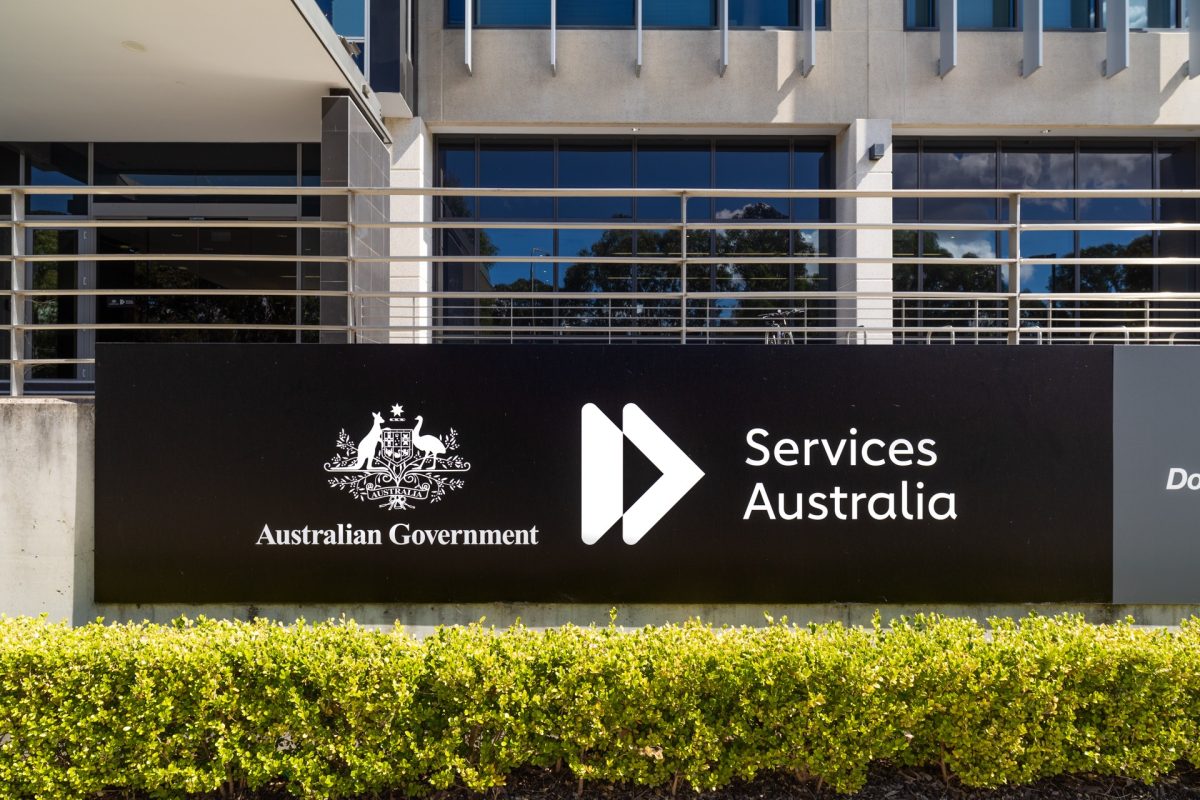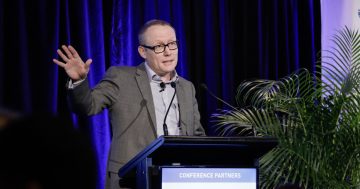
Services Australia is ploughing through its backlog of claims, now that it has 3000 extra staff. Photo: Michelle Kroll.
Government Services Minister Bill Shorten is praising the work of his department in reducing a massive backlog of Centrelink and Medicare claims by half a million in just 10 weeks.
In what the Minister is describing as a major breakthrough, Services Australia has ploughed through the pileup of claims since January and is on track to be back to normal levels by the middle of the year.
Normal levels means the backlog would still be sitting at about 500,000, but Services Australia has reduced the mountain from 1.35 million to 850,000 in less than three months.
Jobseeker payments, the disability support pension, parent payments, carers allowance and the age pension have been impacted by delays for far too long.
More than 3000 new permanent staff were hired to process critical Medicare and Centrelink claims and the turnaround is shaping up to be quick and successful.
“We absolutely acknowledge the frustration of people waiting for payments, but for the first time in a long time we are headed in the right direction,” Mr Shorten said.
“This is what good government looks like. These new recruits helped reduce claims by almost 40 per cent and Australians will continue to see improvements as the new staff increase their skills and experience.
“I’m extremely proud of the work from the new staff and also want to thank existing staff that trained them and welcomed them into their teams.”
Recruited in a record 10 weeks, all the new staff were onboard by mid-January and finished training in early April.
During training this year, when experienced staff were offline and more than 4.85 million new claims came in, the backlog peaked to more than twice normal levels, reaching the 1.35 million.
The Minister said the agency was completely focused on getting outstanding claims down as quickly as possible.
New recruits are based around the country, in major cities and numerous regional centres.
The 3000 new jobs were created through an injection of $228 million to improve services in smart centres and regional shopfronts.
The extra staff includes interpreters to help Services Australia engage with culturally and linguistically diverse communities, and are on top of the additional 850 emergency response staff announced in the last federal budget.
The recruits have answered 920,000 phone calls, as well as processing 677,000 claims.
Mr Shorten said examples of progress include reducing Medicare Online Accounts claims on hand by 78 per cent; reducing Low Income Card claims on hand by 77; and reducing Commonwealth Seniors Health Card claims on hand by 59 per cent.
In praising the agency, the Minister took the opportunity to give the government a pat on the back for hiring the extra staff and turning around what he described as a “decade of neglect” from the former government.
“Services Australia had seen thousands of staff ripped out of core business areas assisting customers while successive Coalition governments were in power,” he said.
“We hope to reduce outstanding claims back to usual levels by mid-year.
“Reducing the outstanding claims will help to bring down call wait times, as fewer people will be on the phone to check what’s happening with their claims.”
He said the former government slashed about 6000 staff and implemented Robodebt, then prior to the COVID-19 pandemic Services Australia was understaffed and underfunded.
“Critical government payments… were regularly delayed by weeks, and in some instances more than a month,” Mr Shorten said.
“To fix this problem, Labor hired more than 3000 new permanent staff to process critical Medicare and Centrelink claims.
“The turnaround has been a quick success, delivering more support to Australians when they need it most.”
In Senate estimates hearings earlier this year, reports were made that call waiting times for Services Australia’s clients were taking far too long, with average wait times for Centrelink employment and disability services being more than 46 minutes.
The longest call wait time for Centrelink clocked in at 52 minutes for people enquiring about parenting payments. Emergency management payment calls had an average wait time of four minutes.




















